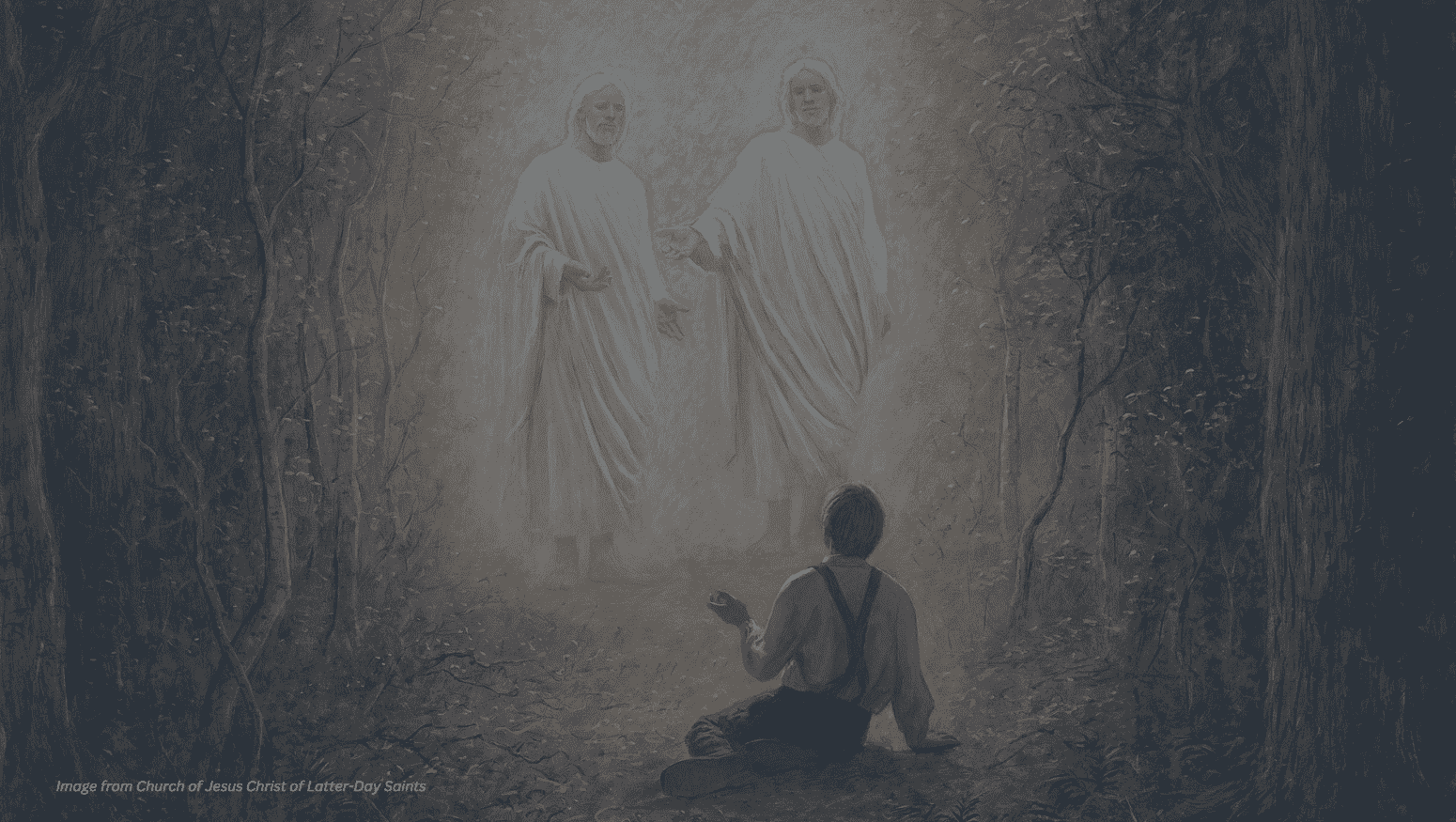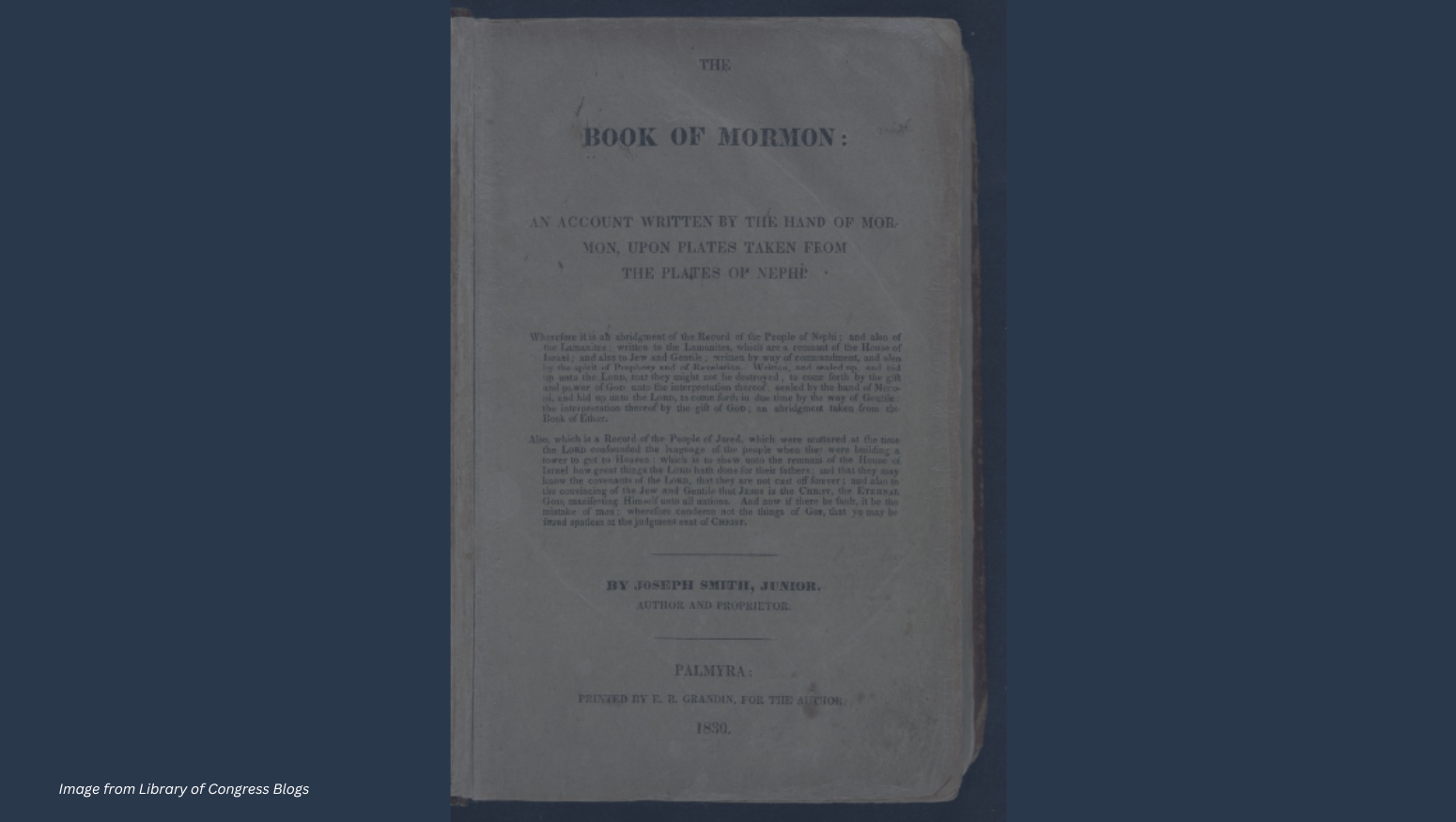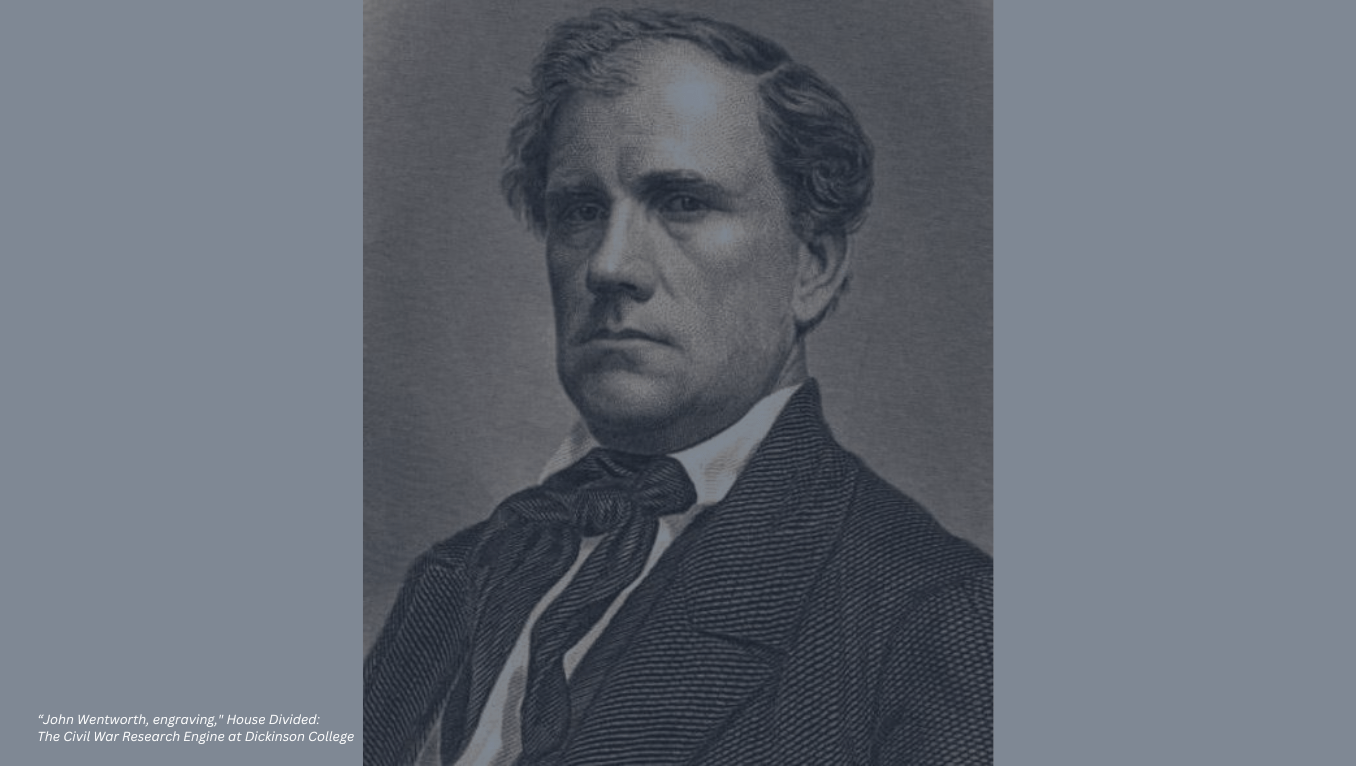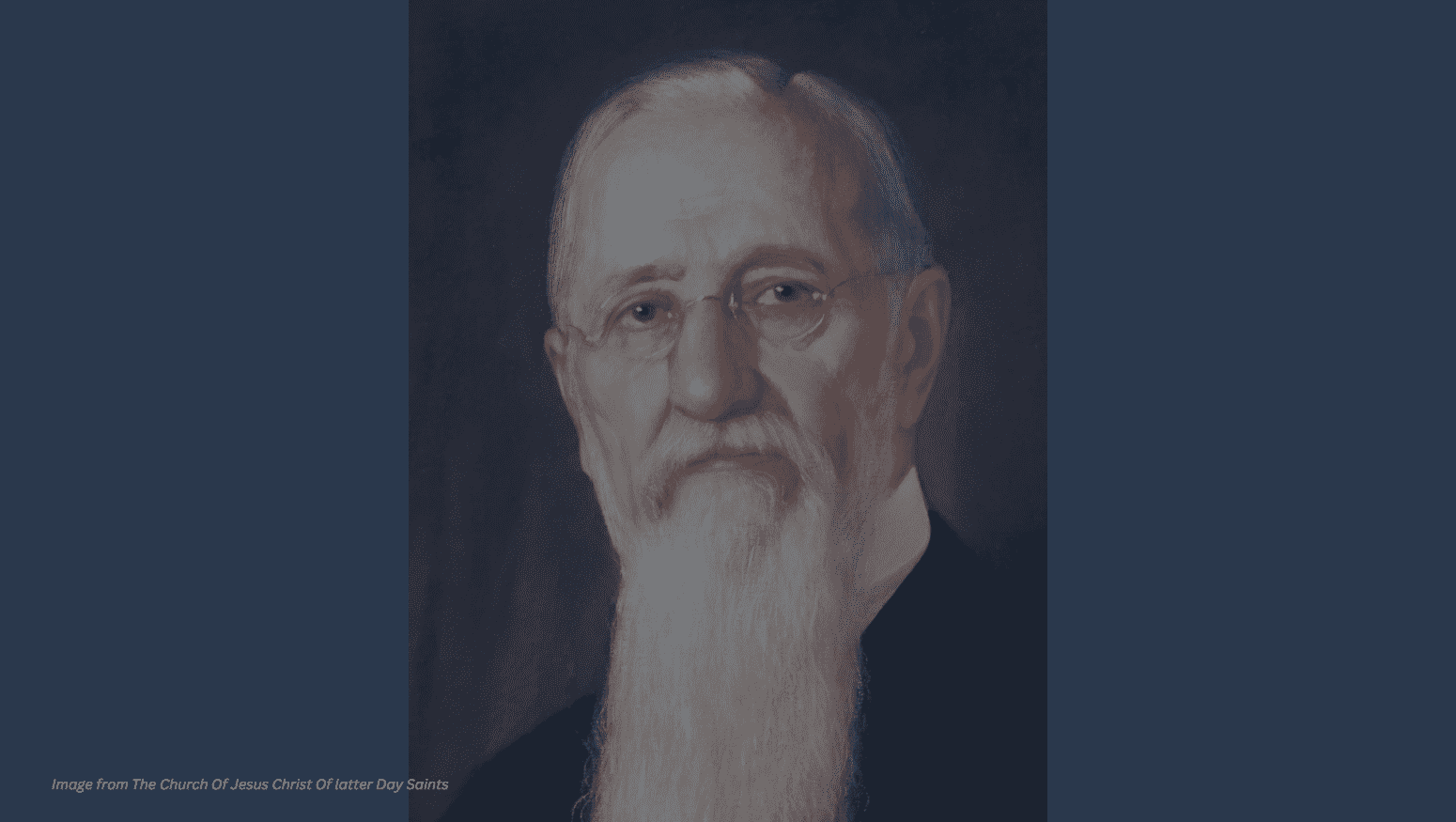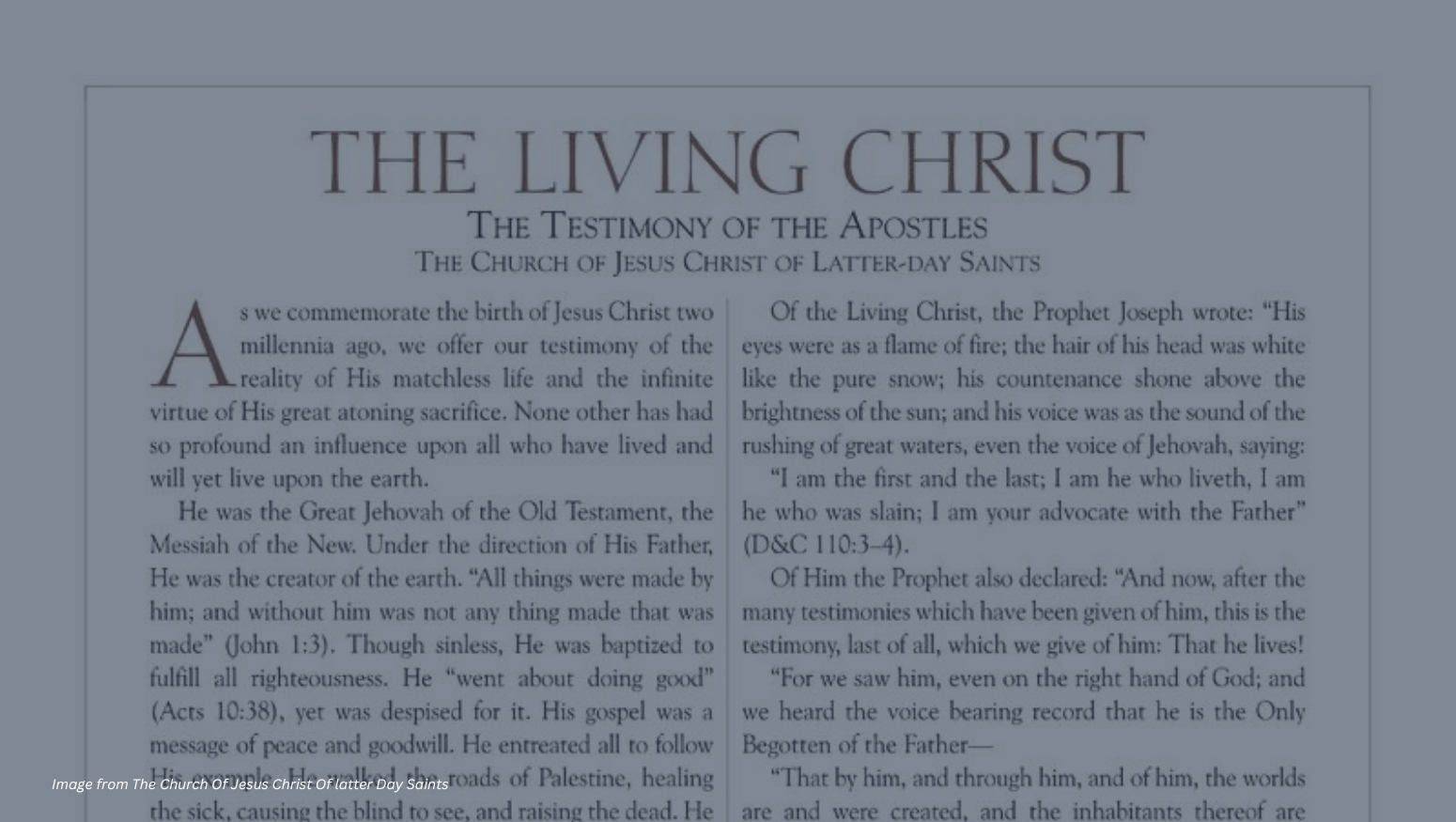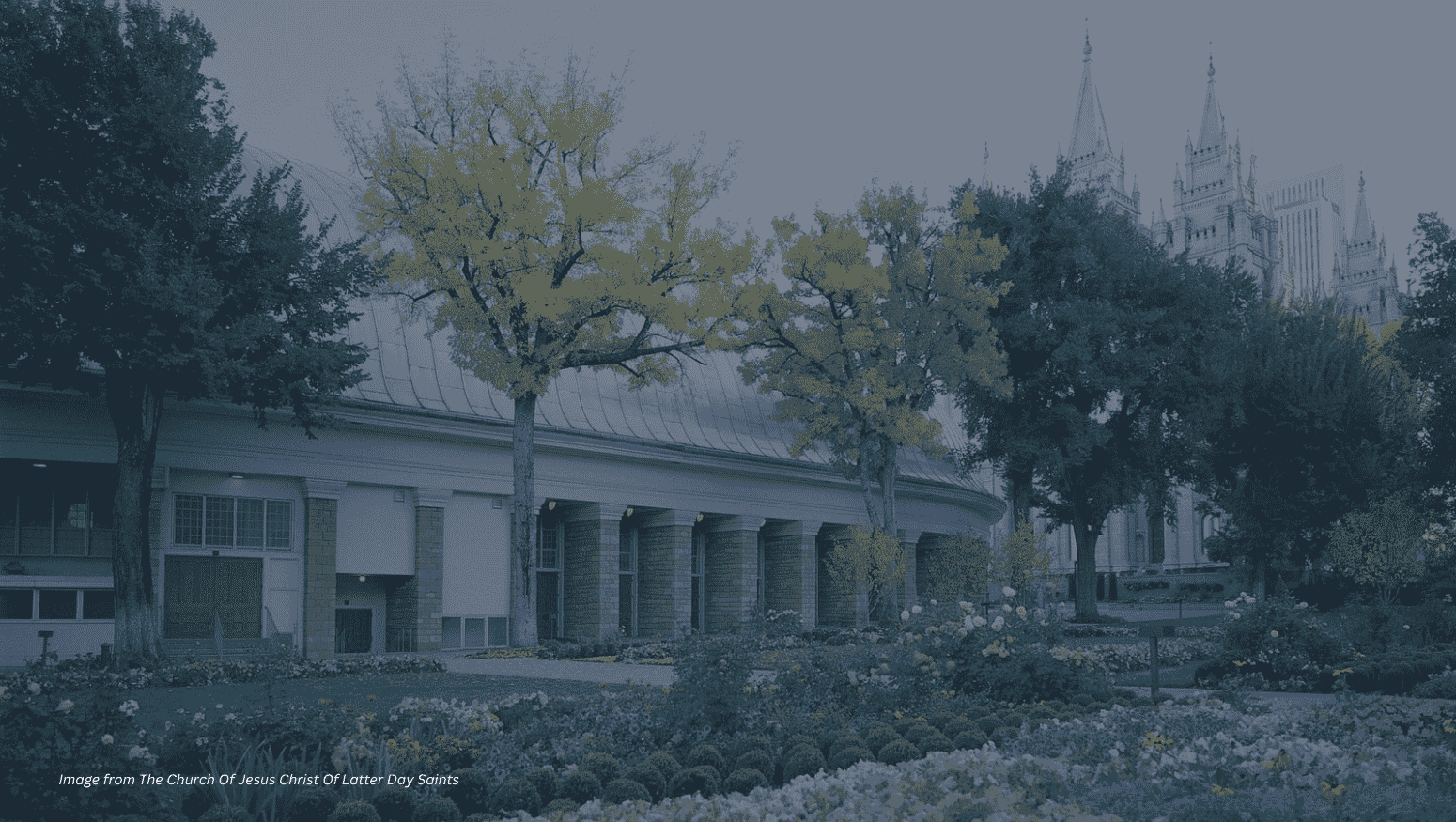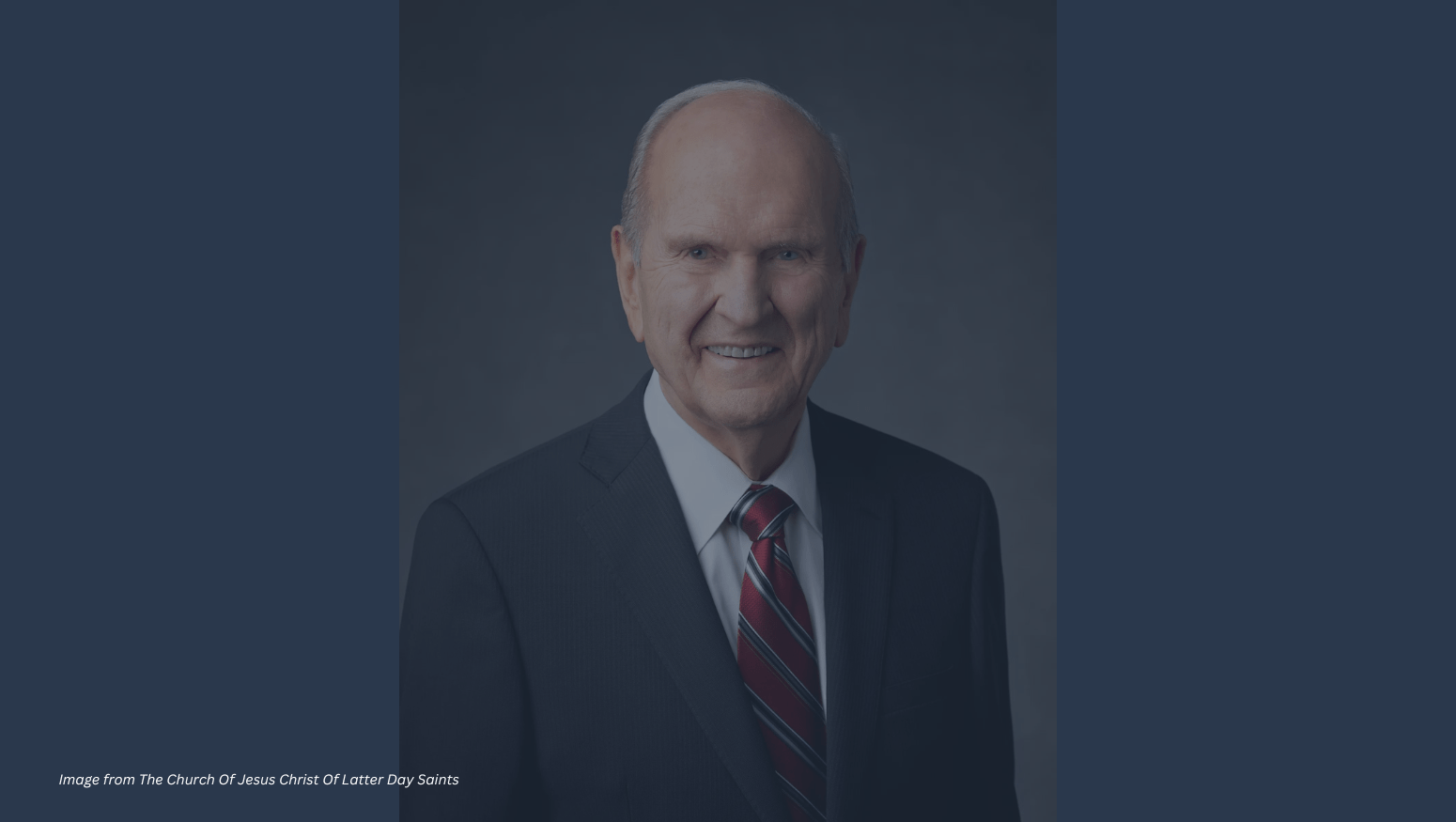Joseph Smith Has His First Vision of Heavenly Father and Jesus Christ
Historical Context
What Critics Are Saying
Response to Critics View
Joseph Smith Joseph Smith cancel 1805-1844 Joseph Smith Jr., born on December 23, 1805, in Sharon, Vermont, was the fifth child of Joseph Smith and Lucy Mack. He had significant spiritual experiences that led him to his prophetic calling, including a vision of God the Father and Jesus Christ in 1820. He translated and published the Book of Mormon and established The Church of Jesus Christ of Latter-day Saints on April 6, 1830. As the leader of the Church, he called Apostles and other leaders, defined doctrines, and guided the community's growth in Ohio, Missouri, and Illinois. Tragically, Joseph Smith was martyred on June 27, 1844, in Carthage, Illinois.
Source: The Church of Jesus Christ of Latter-day Saints
https://www.churchofjesuschrist.org/study/history/topics/joseph-smith-jr?lang=eng , the founder of Mormonism (The Church of Jesus Christ of Latter-day Saints) went to a grove of trees to pray to God about which church he should join. While praying, he reported that he was visited by two beings, God the Father and His Son Jesus Christ (Joseph Smith-History 1:13-18). Because of this experience and many other revelations Smith would receive, Smith and members of the Mormon faith believe that God the Father and Jesus Christ are two distinct beings with bodies of flesh and bone. Joseph also said that he received an answer from these beings that he should not join any church presently organized because “all their creeds were an abomination in his sight.” (Joseph Smith-History 1:19) info Information Sources: cancel https://www.churchofjesuschrist.org/study/scriptures/pgp/js-h/1?lang=eng
Christians from all major sects of the Eastern Orthodox, Roman Catholic, and Protestant churches believe in the authority of the first seven ecumenical councils of the Christian Church. An ecumenical council is a worldwide council where theological experts and various church leaders discuss church doctrine and discipline. The first council was held at Nicaea and was called because contradictory teachings began to arise regarding the nature of Jesus Christ in 325 A.D. To resolve these issues the Nicene Creed was written and endorsed by the members of the council. A creed is an official statement of belief. The next two councils at Constantinople (381 A.D.) and Ephesus (431 A.D.) added to and reaffirmed the Nicene Creed. The fourth, fifth, and sixth ecumenical councils were called to clarify beliefs about the nature of Jesus Christ. These beliefs called Nestorianism, Monophysitism, and Monothelitism were refuted by the council. The seventh council defined the veneration and use of icons. info Information Sources: cancel https://www.saintjohnchurch.org/quick-facts-7-ecumenical-councils/ https://www.newadvent.org/cathen/11044a.htm https://www.saintjohnchurch.org/quick-facts-7-ecumenical-councils/
According to some Christians, in order to be called Christian, a person has to affirm the beliefs and authority of the first seven ecumenical councils of Christianity. Since Mormons, or members of the Church of Jesus Christ of Latter-day Saints, do not affirm the authority of, nor many of the doctrines proclaimed by the first seven ecumenical councils, some Christians do not call Mormons Christians.
- Mormons believe in, and worship God the Eternal Father, His Son Jesus Christ, and the Holy Ghost.
- Mormons believe the world entered a period of apostasy or a period where non-orthodox, even heretical teachings were introduced into Christianity, after the death of Jesus’ apostles.
- The apostasy lasted from the death of Jesus’ apostles to the restoration of the Church of Jesus Christ by Joseph Smith in 1830.
- Much of the information written and the doctrines pronounced during this period of apostasy, do not contain authoritative doctrine. info Information Sources: cancel https://www.churchofjesuschrist.org/study/manual/gospel-topics/apostasy?lang=eng

